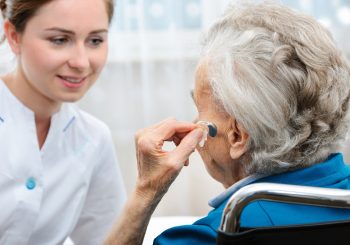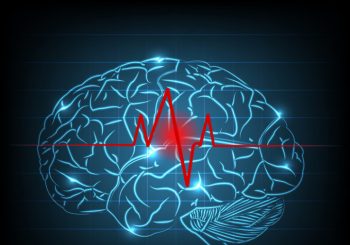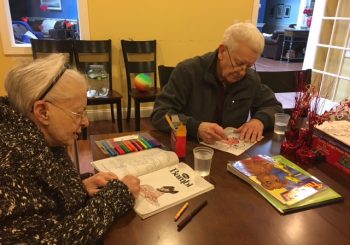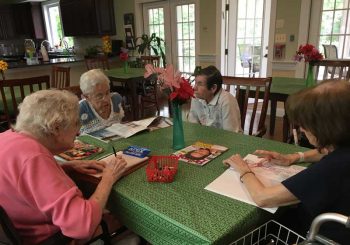
Dementia is a debilitating condition that affects millions of people worldwide, robbing them of their cognitive abilities and often leading to personality changes. Among the distressing symptoms associated with dementia, aggressive behavior can be particularly challenging for both patients and their caregivers. In this blog post, we will explore the causes of aggressive behavior in dementia patients and offer strategies to help manage and understand this challenging aspect of the disease. The...
Read More
Read More









